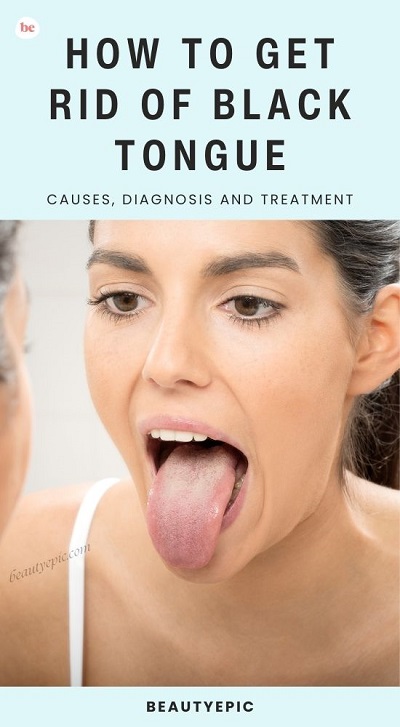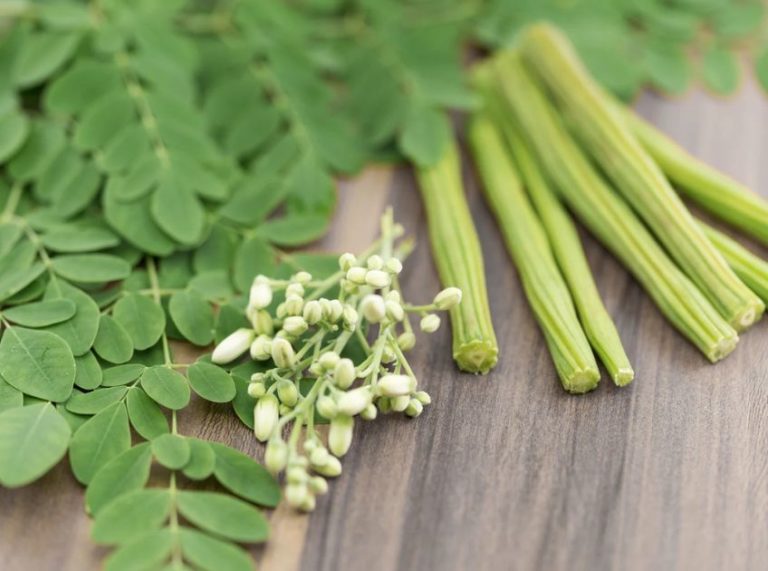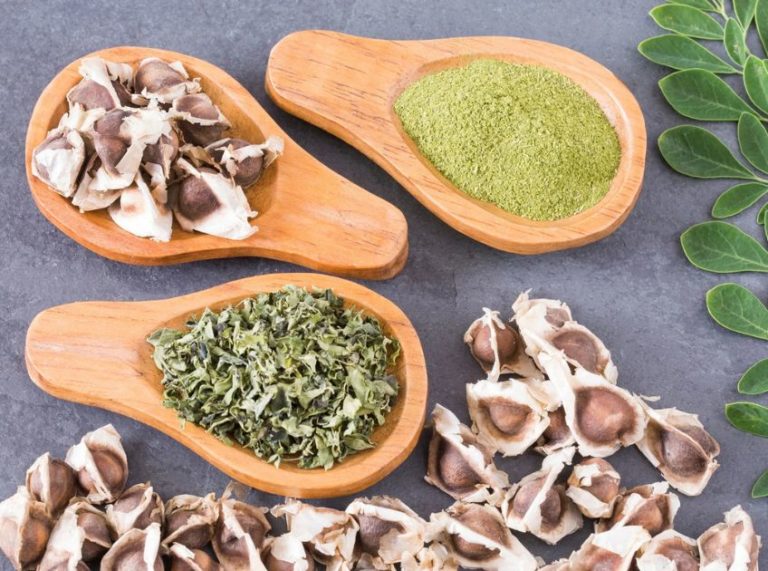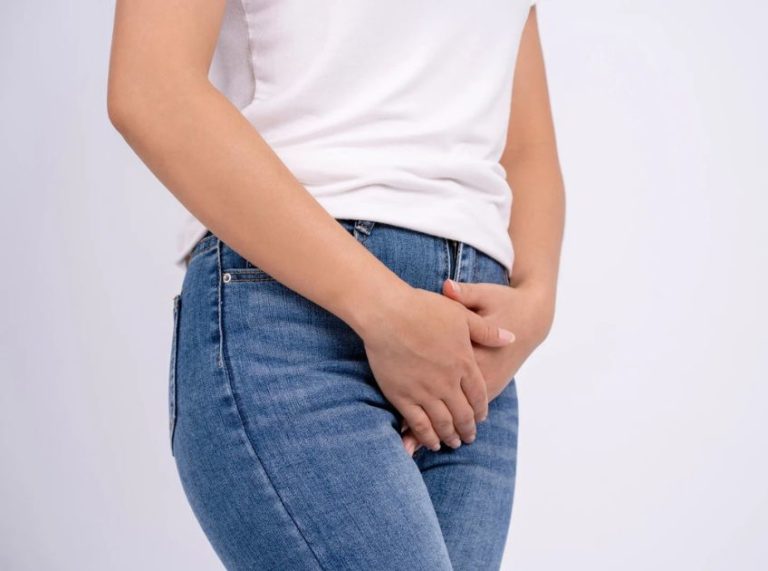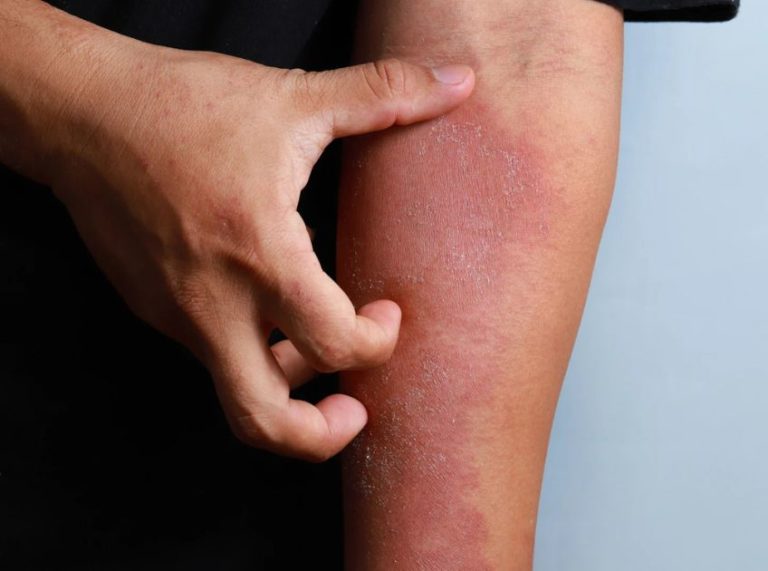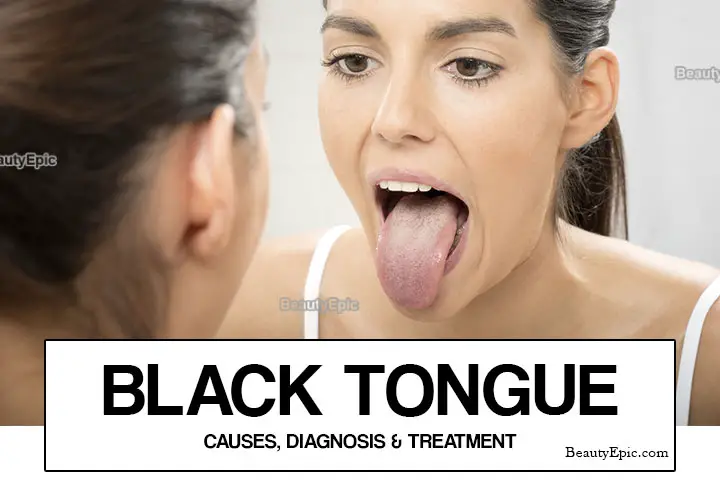
Important: This article is for informational purposes only. Please read our full disclaimer for more details.
Black tongue is a condition where the finger like texture of the skin, gets elongated with black/ brown color and it becomes blackish and looks like it has hair on it. This condition is normally found in as many as 13% of people around us.
Why Does One Get a Black Tongue?
This happens when they keep growing, making the food particles stick and if the oral hygiene is not maintained properly then it acts as a zone which is great for fungus and bacterium. The color may vary but black tongue is a general term used. It looks weird and puts us in shock. It may be because of various factors which we shall be discussing here. It can be treated using a few simple steps and very easily.
Symptoms of Black Tongue
The tongue gets discolored along with becoming black. Its discoloration might also turn into a yellow, black or brown color and a blackish front surface. The people suffering from a black tongue may also suffer from nausea. Many people could also psychologically feel disturbed about having a black colored tongue and lose a lot of confidence.
Causes of a Black Tongue
Poor Oral Hygiene: The causes are not very clear but researchers think that it is caused by the epithelial squames getting accumulated and the spreading of color-producing microbes. A common cause is a kind of fungus called ‘Candida” that grows in moist and warm body parts and if it is a cause then it creates irritation and even a burning sensation on the skin. Though most cases are caused by a poor oral hygiene.
Hyper-pigmentation: In some cases, it could also be associated with hyper-pigmentation which is genetic and in this case, we need not worry as the problem is only aesthetic in nature.
Keratin Increase: It could also be caused by an increase in production of keratin or a decrease in the shedding of tongue surface cells. In many of the cases of black tongue, it was found that the patients were smokers. It could also be caused by a dry mouth (less salivation), radiotherapy, fungal growth or bacterial infections.
[ Read: Home Remedies for Oral Trush ]
Anti Biotics Side Effect: At times, it may also be a side effect of anti-biotics (like tetracyclines), antacid consumption or using oxidizing mouthwashes.
Bad Habits: It might be mostly because of habit problems like smoking/tobacco consumption, drinking alcohol, intake of certain beverages/food items like tea, coffee or licorice, or could be owing to certain medications such as salts of iron, chlorohexidine, Pepto-Bismol, and bismuth salicylate.
Other Causes: It could also possibly be a yeast overgrowth. Another possible cause is dehydration also. The presence of a black tongue in some cases is also caused by their asthma inhalers. Rarely it is also seen in some people with depression or diseases such as diabetes. If none of the above cases is true, then the doctors also check for sjogren’s syndrome which is very rare but a serious disease.
Daigonisis And Treatment Of Black Tongue
Getting it properly diagnosed is important to know the real reason behind this condition. The treatment is usually in this case best advised by a doctor after diagnosis. In addition to that a few simple changes in the way we live can prevent and even cure a black tongue.
The changes we can make and the treatments which can be administered and prevent or treat a black tongue are mentioned below. Have a look!
1. Oral Hygiene: Maintenance of proper oral hygiene with regular and healthy brushing and flossing habits is very helpful. Scraping the tongue using a tongue cleaner is also a very good practice which we must learn to incorporate in our dental hygiene routine.
2. Mouth Wash: It is also advisable to avoid the mouthwashes which contain menthol, witch hazel, or a peroxide.

3. Quitting Smoking: Quitting smoking is beneficial in this case to cure and prevent a black tongue but also in a sense of general health to avoid many other life-threatening diseases.
4. Increase Fiber Intake: Increasing the fiber intake is also very helpful for avoiding and treating a black tongue.
5. Increasing Hydration: It is imperative that proper hydration is ensured and dehydration as a cause is ruled out. If chronic dehydration or dry mouth is a symptom then we must consult a doctor about it.

6. Changing Any Regular Medicine: The black tongue is because of a medication, then consulting the doctor about changing the medicine or stopping it is a good solution to this problem.
7. Changing Asthma Inhaler: If the asthma inhaler is causing the problem, then using a different inhaler is an option after asking the doctor explaining them the condition.
8. Consuming Pineapple: A natural way of treating black tongue is also said to be using pineapple. Take a pineapple and cut it into small pieces. Take a few of these in the mouth and keep them near the tongue’s base and suck the juice for a while. Then chew it very slowly. This process repeated twice daily for a few days is very helpful as a home remedy for black tongue.
[ Read: Benefits Of Pineapples ]
9. Using OTC Products: Rosehip oil, lemon juice, aloe vera or cucumber juice or any OTC product containing Calcium, cucumber, hydroquinone, kojic acid or the azelaic acid can be used in case of hyperpigmentation related blackening of the tongue. If bothered by cosmetic looks and the idea of having to bear the black tongue is too despicable, then a skin specialist (dermatologist) may be of help.
10. Limiting Alcohol: Limiting the alcohol intake or preferably stopping it for a while is also found to be very helpful in this case.
11. Keratin Removal: Chemicals which reduce and remove the keratin content (keratolytic agents) may also be consumed only if the doctor prescribes it because they are said to have some red flags in terms of safety.
12. Dental Visit: A regular visit to the dentist is essential to ensure that our dental health remains good.
Now we know plenty about the condition of black tongue. If not suffering from it, we must maintain good habits to avoid getting it. If you are, then the above advice should come in handy.
You Might Also Like:
- How to Safely Use Hydrogen Peroxide for Canker Sores
- How to Use Banana Peel for Teeth Whitening
- 10 Foods That Boost Your Body’s Keratin Levels
